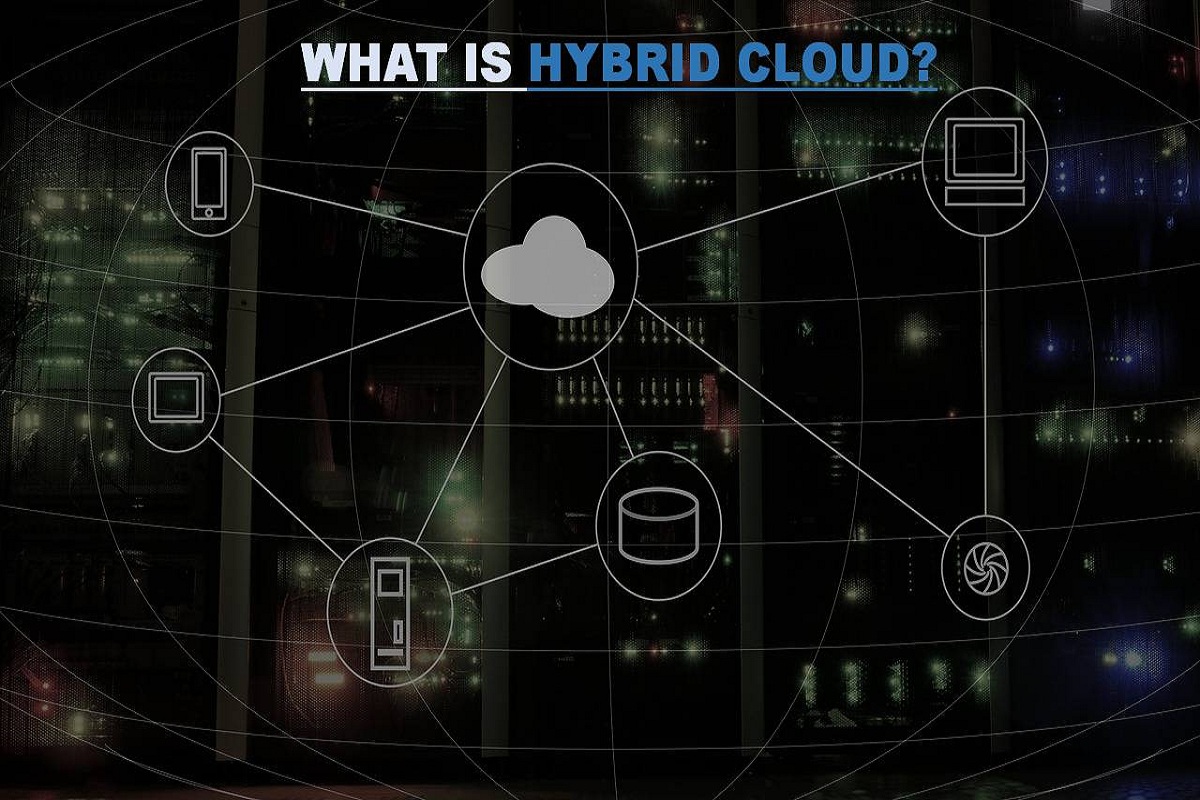Definition Hybrid Cloud
A hybrid cloud is a mixture of one or more public and private cloud environments. It is a set of virtual resources that uses both the hardware of the company that uses the cloud and that of a third party, which manages its equipment.
Management and automation software is used to coordinate the hybrid cloud, which allows users to access resources as they need them in the self-service portals. Thanks to the fact that they can be scaled automatically and assigned dynamically.
This separate, but connected, the architecture allows you to run some workloads in the private cloud. Whereas, others in the public cloud, extract resources from both, and use them interchangeably.
Features
This inter-connectivity is the only way hybrid clouds work. Without it, they are only separate public and private clouds. The quality of the connections has a direct effect on the operation of a hybrid cloud.
The most important technology of a solid cloud connection is usually the most ignored: the operating system.
In this way, their environments will be so interconnected that they will lose relevance. And users will not know or care where the workloads are executed. However, to design a hybrid cloud like this, you must start with the operating system.
A hybrid cloud is a concept that without being new itself is experiencing a commercial explosion. By combining, the best of the public and private cloud and considered the ideal intermediate step for companies.
Thus, more and more companies are discovering the virtues of a hybrid composition, in which part of the load remains on-premise. And the rest is transferred to public cloud services, taking advantage of the advantages offered by these in multiple aspects.
A common scenario is one in which the data center and the most critical part of our processes remain protected and controlled, while we solve the rest of our needs with solutions in the public cloud.

